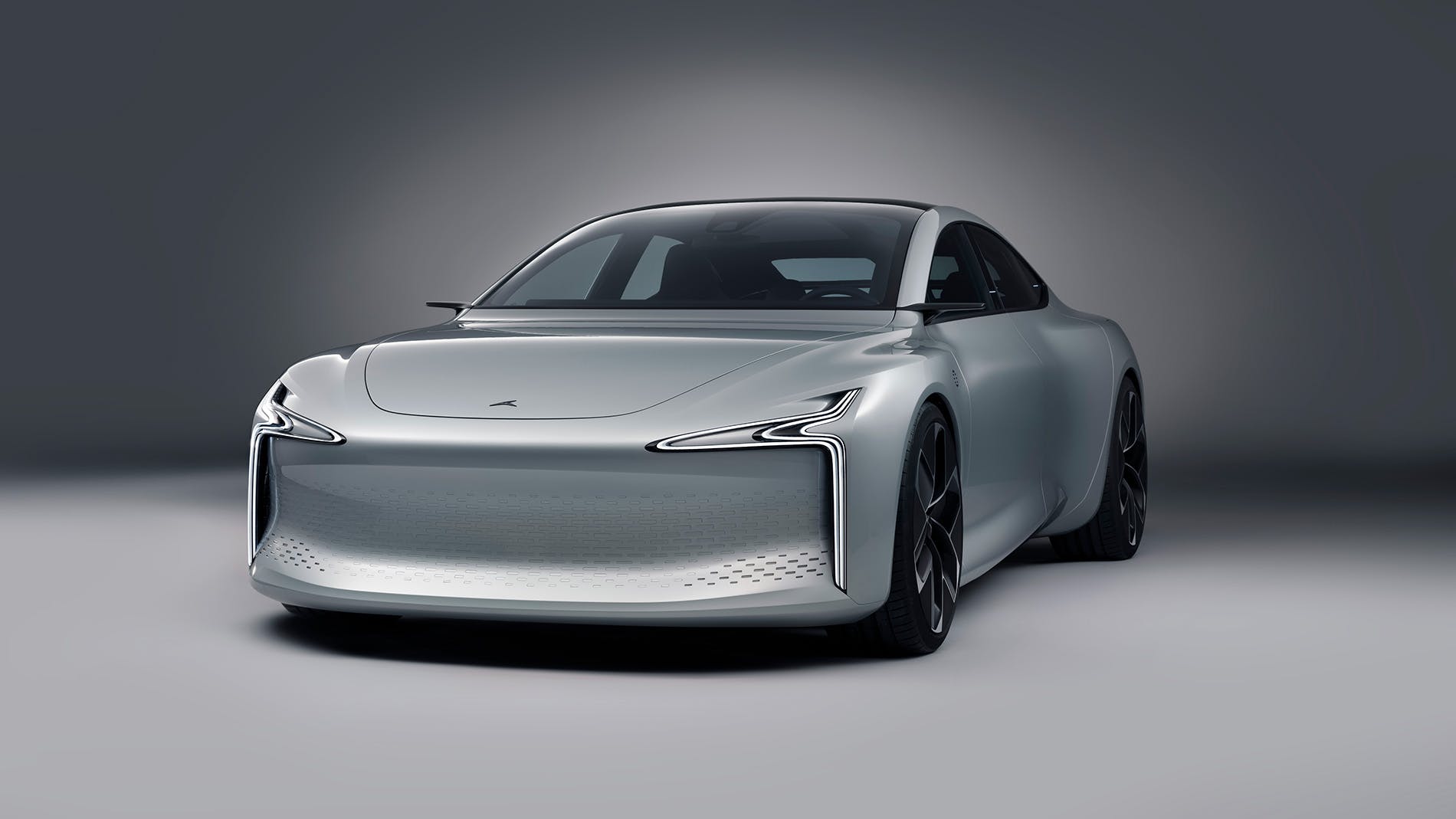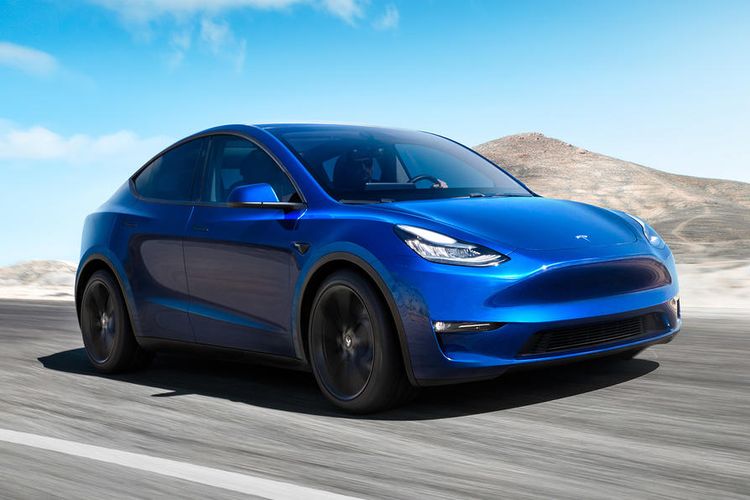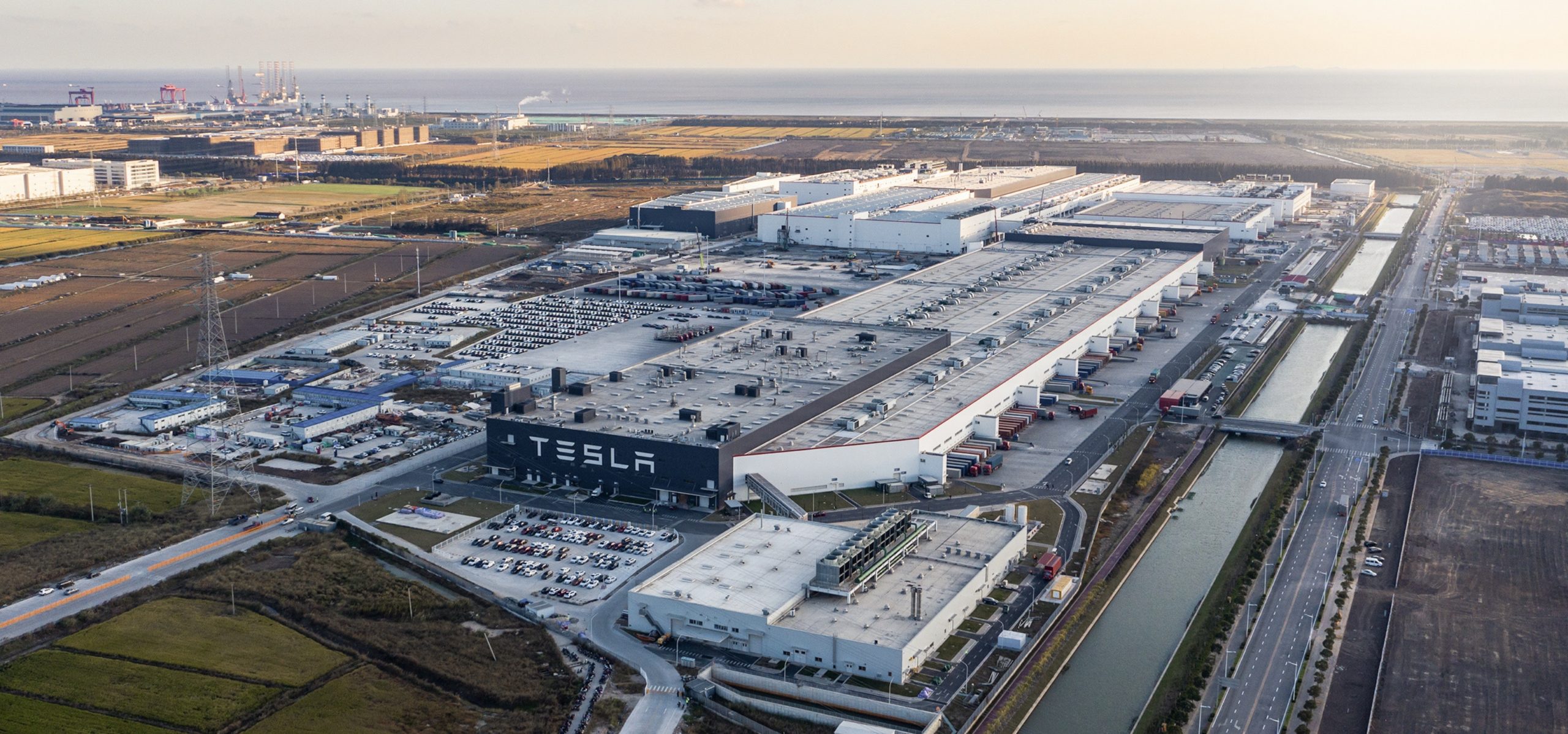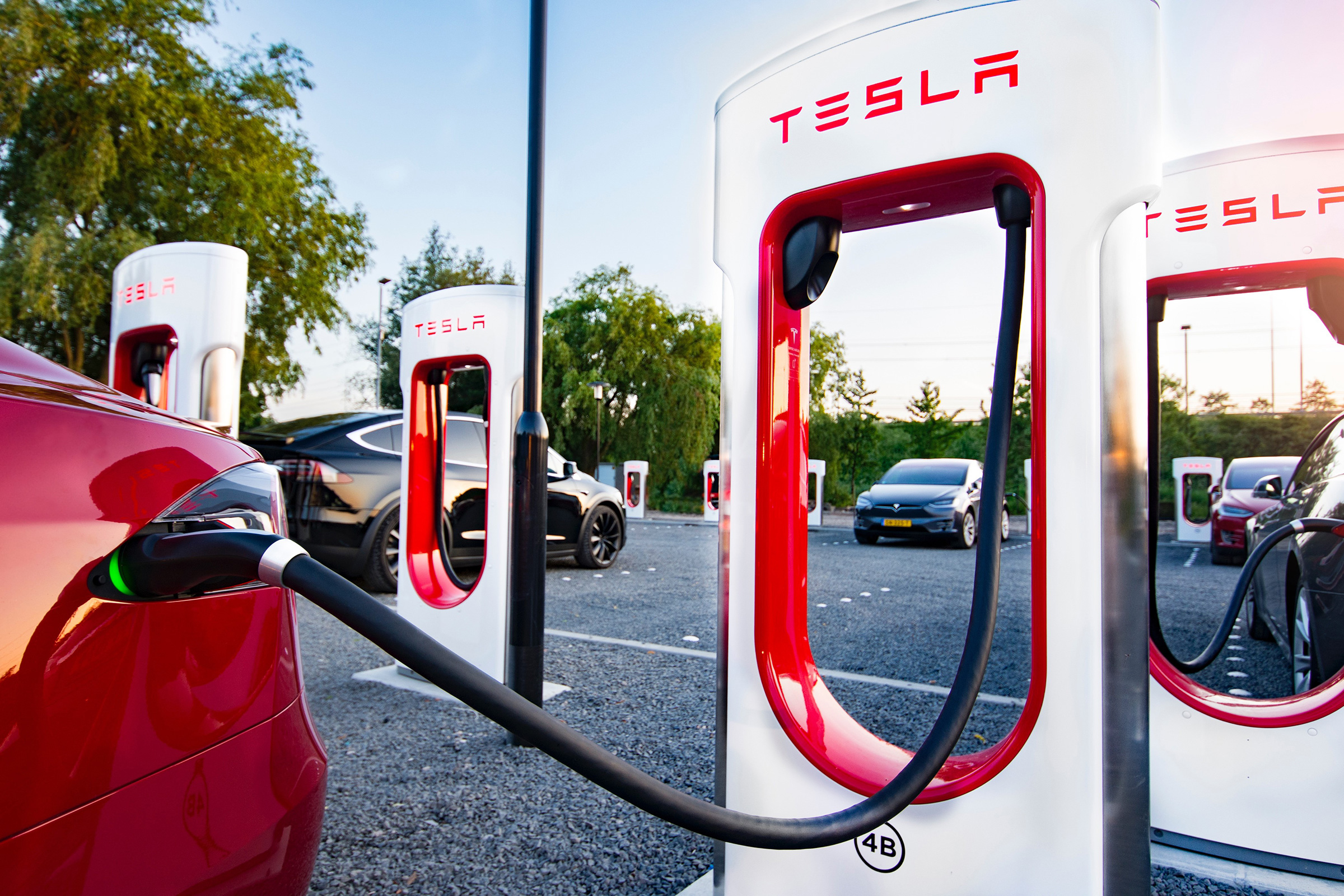The European Parliament has recently approved a new law that effectively bans the sale of new gasoline and diesel-engined cars in the 27-member bloc by 2035 due to their carbon emissions. The law requires automakers to cut 100% CO2 emissions from their new vehicles by this time, meaning that it will be impossible for them to sell new vehicles that produce carbon emissions. In addition, the law also sets a 55% reduction in CO2 emissions for new cars sold from 2030 compared to 2021 levels.
However, the new legislation also provides a big opportunity for hydrogen combustion and eFuels or synthetic fuels. The law will also apply to new vans, which must achieve a 100% CO2 cut by 2035 and a 50% reduction by 2030. These targets are expected to create clarity for the car industry and stimulate innovation and investments for car manufacturers, making sustainable driving accessible to everyone.
See also: California Bans Operation of Pre-2010 Engines Diesel Trucks Weighing Over 14,000 Pounds
There are some exceptions to the law following objections from some companies and countries, such as Italy, Portugal, Slovakia, and Romania. Small automakers that produce less than 10,000 vehicles per year will be allowed to negotiate less stringent targets until 2036.
The European Parliament’s lead negotiator on these rules, Jan Huitema, said that “purchasing and driving zero-emission cars will become cheaper for consumers, and a second-hand market will emerge more quickly.” The law’s passage should not come as a major surprise, as it was first proposed in 2021 and ultimately agreed upon in October 2022. The only thing that remains before final approval happens next month is for the European Council to sign off, which it is fully expected to do.
Automakers have already committed to building EV-only vehicles in Europe beginning in 2033, with the ID.3 and ID.4 BEVs already on sale from Volkswagen. The question now is whether other countries, specifically the US, will follow suit. The Biden Administration has already passed major legislation to reduce greenhouse gas emissions but has stopped short of requiring automakers to end carbon emissions, although California has already done just that.
See also: Car with combustion engine technology may still be available until more than 2030
As the world becomes more globalized, automakers will eventually phase out all ICE vehicles simply because it will no longer make business sense. This new law creates clarity and stimulates innovation and investment for the industry, making sustainable driving accessible to everyone.







